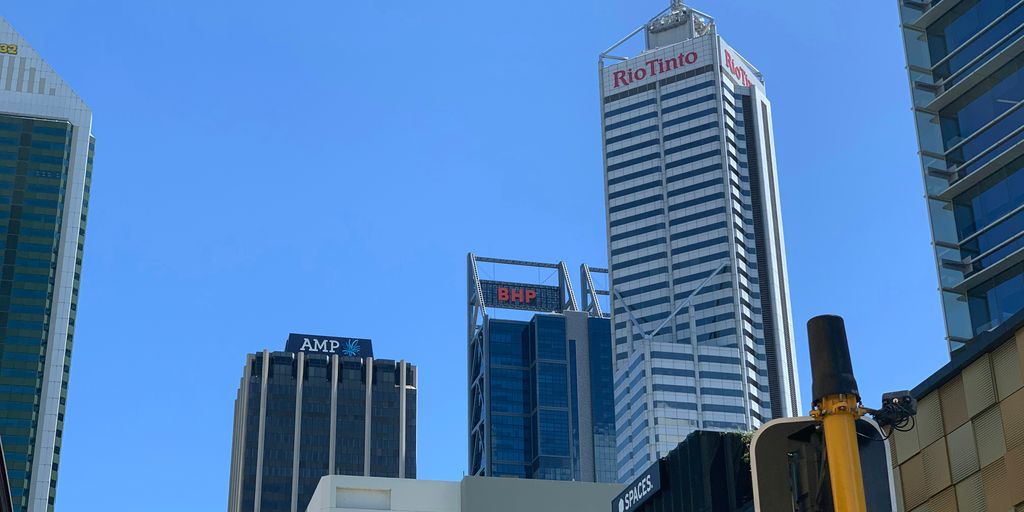Properties we think you'll love

About Us
Discover the height of trust and innovation in Perth Real Estate with ProProperty Group – your premier partner in Real Estate.
Founded by industry leaders Nick Sworder and Christopher Tana, ProProperty Group represents the pinnacle of integrity and forward-thinking in Perth’s Real Estate landscape. Their leadership has propelled ProProperty Group to the forefront, where innovation and integrity converge seamlessly.
Backed by a team of seasoned professionals and tech-savvy experts, ProProperty Group offers a comprehensive suite of services tailored to meet your investment needs. From residential and commercial properties sales, leasing and property management, business sales, projects, land sales, house-and-land packages, and subdivisions, we are your trusted advisors every step of the way.
At ProProperty Group, excellence is not just a goal – it’s our standard. Our in-house Marketing Team utilizes cutting-edge technologies to ensure your property receives the attention it deserves, consistently exceeding expectations in the process. Rely on us for a fair and thorough market appraisal, guaranteeing the highest return on your investment.
With ProProperty Group, achieving success in real estate has never been simpler. Experience the difference today.
ProProperty Group – Ahead of the Curve
Latest Articles
Stay up to date with our latest news, tips and tricks.
Aug 15, 2025
Investing in Commercial Property in Perth What You Need to Know
Thinking about buying commercial property in Perth? Good on ya! The market here is really kicking goals right now, and there are some solid reasons why. Whether you're a seasoned investor or just star
Aug 1, 2025
TO RENT OR BUY?
Renting vs Buying in 2025: What the Numbers Really Say Few financial decisions weigh more heavily on young Australians than whether to rent or buy a home. For many, it is not a choice at all. With th
Jul 15, 2025
Why ProProperty Group is Perth’s Best Real Estate Agent
Alright, so you're thinking about selling your place in Perth, or maybe you're on the hunt for a new spot. It's a big deal, right? You want someone who actually knows what they're doing, someone who g
Jun 18, 2025
The Risks Of Managing Privately & The Benefits Of Using A Professional PM
Alright, so you've got a rental property, yeah? Maybe you're thinking about managing it yourself to save a few bucks. Sounds easy enough, right? Just find a tenant, collect rent, fix a leaky tap now a
Meet our Team
With over 40 years experience in the industry combined, our team are experts in their field




























